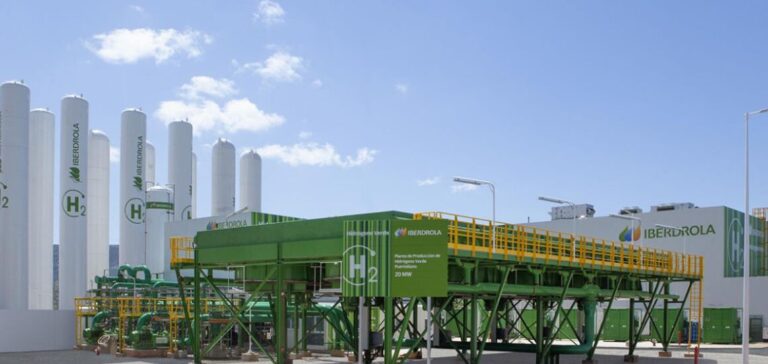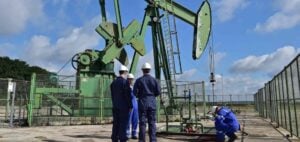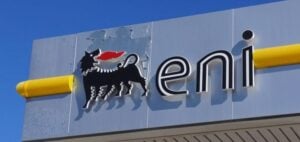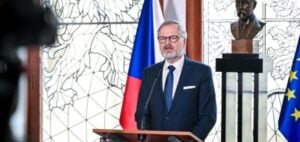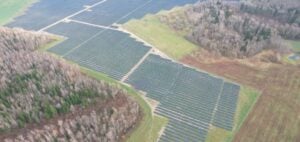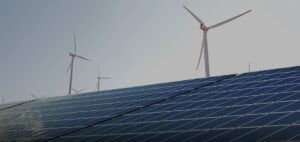Bell Bay, Australia, will be the site of a renewable hydrogen and methanol production plant by Iberdrola and ABEL Energy.
Decarbonizing maritime transport
Bell Bay, located in northern Tasmania, will host the Iberdrola and ABEL Energy project called Bell Bay Powerfuels. The investment will require €1.1 billion. In addition, the plant is supported by the Australian government.
Bell Bay Powerfuel will produce 200,000 tons of green methanol per year in its first phase of development. In its second phase, the site will increase to 300,000 tons. Thus, the project is one of the most important in the world.
Bell Bay Powerfuel’s methanol will fuel the shipping market as well as other applications. Indeed, since 2021, the world’s major shipping companies are opting for large ships. The latter include the possibility of running on green methanol with ultra-clean combustion.
This decision has major advantages, such as the elimination of air pollution in the ports. In addition, green methanol helps prevent environmental disasters due to oil spills in the marine environment. In addition, it allows the reduction of greenhouse gas emissions.
Bell Bay Powerfuel is characterized by a collaborative approach to creating value for the Tasmanian community. In addition, the site will create 500 jobs. Ross Rolfe, CEO and Managing Director of Iberdrola Australia, says:
“Iberdrola Australia’s investment in the Bell Bay Powerfuels project demonstrates our commitment to helping Australian businesses reduce their carbon emissions in areas where historically, both technically and economically, it has been more difficult to make this transition. We are delighted to be able to combine Iberdrola’s efforts a global expertise in green hydrogen technologies with ABEL Energy’s local knowledge and commercial drive.”
A recognized experience
In addition to Bell Bay Powerfuel, Iberdrola is developing 60 renewable and green hydrogen initiatives in eight different countries. The company aims to reach 35,000 tons of hydrogen per year by 2025 and more than 350,000 tons by 2030. To this end, the company has a project portfolio of 2,400MW in different regions such as Spain orAustralia.
Iberdrola will enter the Australian energy market from 2020 with the acquisition of Infigen Energy. The company will invest between €2 and €3 billion in Australia to accelerate the transition to renewable energy. Thus, the Spanish company hopes to reach 4000MW in the coming years.
The offer is in addition to the $2 billion invested in projects such as the Avonlie solar farm and the Flyers Creek wind farm in New South Wales. Iberdrola also invested in the Port Augusta renewable energy park in South Australia. Indeed, it is the largest hybrid wind-solar farm in the southern hemisphere
Iberdrola acquired the rights to the world’s largest wind farm in Mount James, with 1000MW. The Spanish company also owns the 360MW photovoltaic plant in Broadsound, Queensland. Finally, the company is investing in Autonomous Energy.
The company Iberdrola installed 1122 MW of renewable energy (wind, solar and batteries). In addition, the company is building two new facilities with a combined capacity of 391MW. The company hopes to have these two new facilities in operation by 2023.

